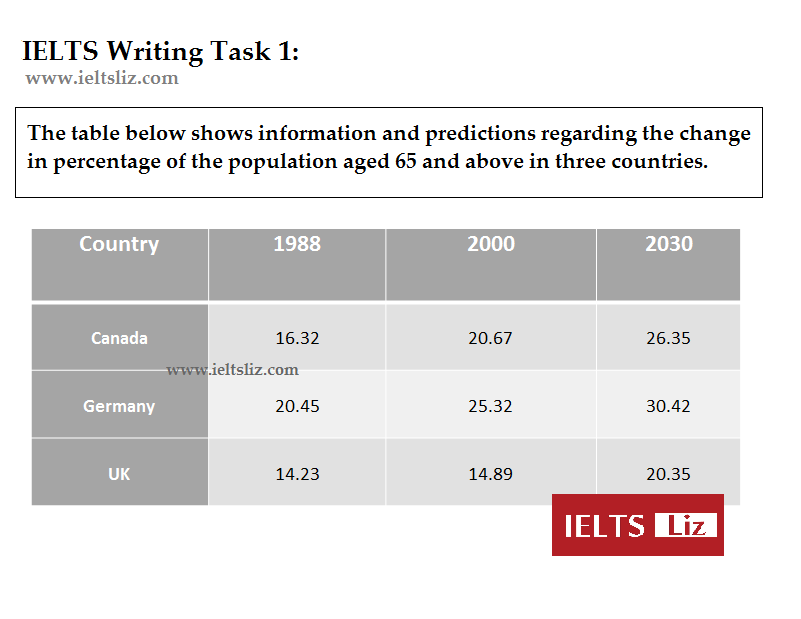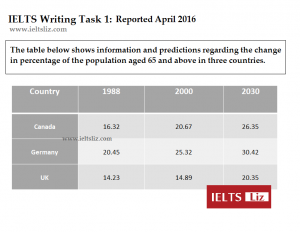Should you use contractions in your IELTS speaking test? Will you get a lower mark if you use contractions like “gonna”?
What are contractions?
A contraction is when you combine two (or more) words to make them shorter and make them flow together when speaking. “It is” = “it’s” or “want to” = “wanna”. Most contractions are used in informal speaking. Is the IELTS speaking test formal or informal? The IELTS speaking is 100% informal.
- Part 1 is informal short answer questions
- Part 2 is an informal talk
- Part 3 is an informal discussion on broader current issues
- This means informal language is fine to use in all parts of the test.
They are an accepted part of SPOKEN English. One student pointed out that they even heard contractions used by the BBC and the British Royal Family – this is true.
Using Wanna / Gonna
Yes, it’s fine to use contractions (words joined in pronunciation) in the IELTS speaking test. In fact, it will boost your score for pronunciation.
- want to = wanna
- I really wanna go to the cinema tonight.
- The majority of students wanna travel before starting university.
- going to = gonna
- He’s gonna visit his grandmother this evening.
- The local council are gonna improve the roads in this area.
Wanna and gonna are only used in spoken English and NOT in formal writing. The reason is that “wanna” and “gonna” are pronunciation features – it is how we pronounce “want to” but it is not how we write it in formal written English. It is fine to use these words in your IELTS speaking test and in fact will help with your pronunciation band score. Are these contractions in the Cambridge dictionary? Yes, they are. Follow the links: wanna and gonna.
IELTS Speaking Pronunciation
Pronunciation is 25% of your marks for IELTS speaking. This means the way you pronounce sounds, words and sentences is marked in your speaking test. Part of that does include linking sounds and linking words, such as gonna, wanna, it’s and doesn’t. So, try to learn these contractions and use them naturally in your test.
Common List of Contractions
To Be
- I am = I’m
- you are = you’re
- he is = he’s
- she is = she’s
- it is = it’s
- we are = we’re
- they are = they’re
To Have
- I have = I’ve
- you have = you’ve
- he has = he’s
- etc
Will
- I will = I’ll
- you will = you’ll
- he will = he’ll
- etc
Negatives
- is not = isn’t
- are not = aren’t
- does not = doesn’t
- did not = didn’t
- has not = hasn’t
- have not = haven’t
- should not = shouldn’t
- would not = wouldn’t
- could not = couldn’t
- don’t know = dunno
Remember, these contractions are NOT used:
- in formal writing, such as in IELTS writing task 2
- report writing, such as writing task 1 (academic test)
- formal letters or business letters
But contractions are good to use in the IELTS Speaking Test.
Advanced Contractions
The contractions below are only used in speaking and NOT in writing. It is good to use these types of contractions in IELTS speaking.
- I should have = I should’ve
- should not have = shouldn’t’ve
- I could have = I could’ve
- I could not have = I couldn’t’ve
- I would have = I would’ve
- I would not have = I wouldn’t’ve
Contractions: Listen, Pause and Repeat Practice
Listen to the recording and read the sentences below. Pay attention to the contractions. Listen again and repeat aloud.
- If I’d know it was going to be expensive, I would have saved up more money.
- going to = gonna / I would have = I’d’ve
- He would not have gone by bus if he would have known how bad the journey was going to be.
- he would not have = he wouldn’t’ve / he would have = he would’ve / going to = gonna
- The government should have developed better public transportation a long time ago. If they want to limit global warming, they have got to limit the use of cars.
- should have = should’ve / want to = wanna / got to = gotta
- If you’re going to learn a language, then you have really got to focus on your pronunciation.
- going to = gonna / you have = you’ve / got to = gotta
- I don’t know what my favourite time of day is. I suppose it’s the evening because then I can really chill out.
- don’t know = dunno / because = coz
RECOMMENDED FOR YOU
- Should you correct your mistakes in IELTS Speaking
- Should you speak fast or slow?
- ALL MODEL ANSWERS & TIPS FOR IELTS SPEAKING
.






